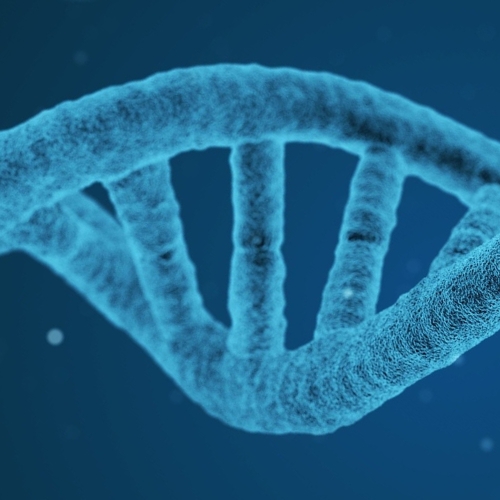Key points from article :
How long animals live is linked to how quickly their genetic code mutates.
Mammals have roughly the same number of mutations by the time they die of old age.
Analysis of 16 species indicates short-lived animals tend to burn through their allowance more rapidly.
Researchers analysed how quickly mutations occur in species with different life expectancies.
Mice rattle through nearly 800 mutations a year during their short lives, which last just under four years.
Humans averaged 47.
"Despite having different lifespans, at the end of life the mammals had the same number of mutations," Dr Cagan said.
All the animals in the study converged on about 3,200 mutations across their lifetime.
It could be the cells in the body reach a critical number of mutations and then conk out.
The researchers want to see whether this pattern holds true for all life or just for mammals.
Peto's paradox asks why don't big, long-living animals have sky-high rates of cancer?
Dr Simon Spiro of ZSL noted "the genetic changes identified in this study suggest that diseases of old age will be similar across a wide range of mammals."
Research by the Wellcome Sanger Institute published in the journal Nature.






